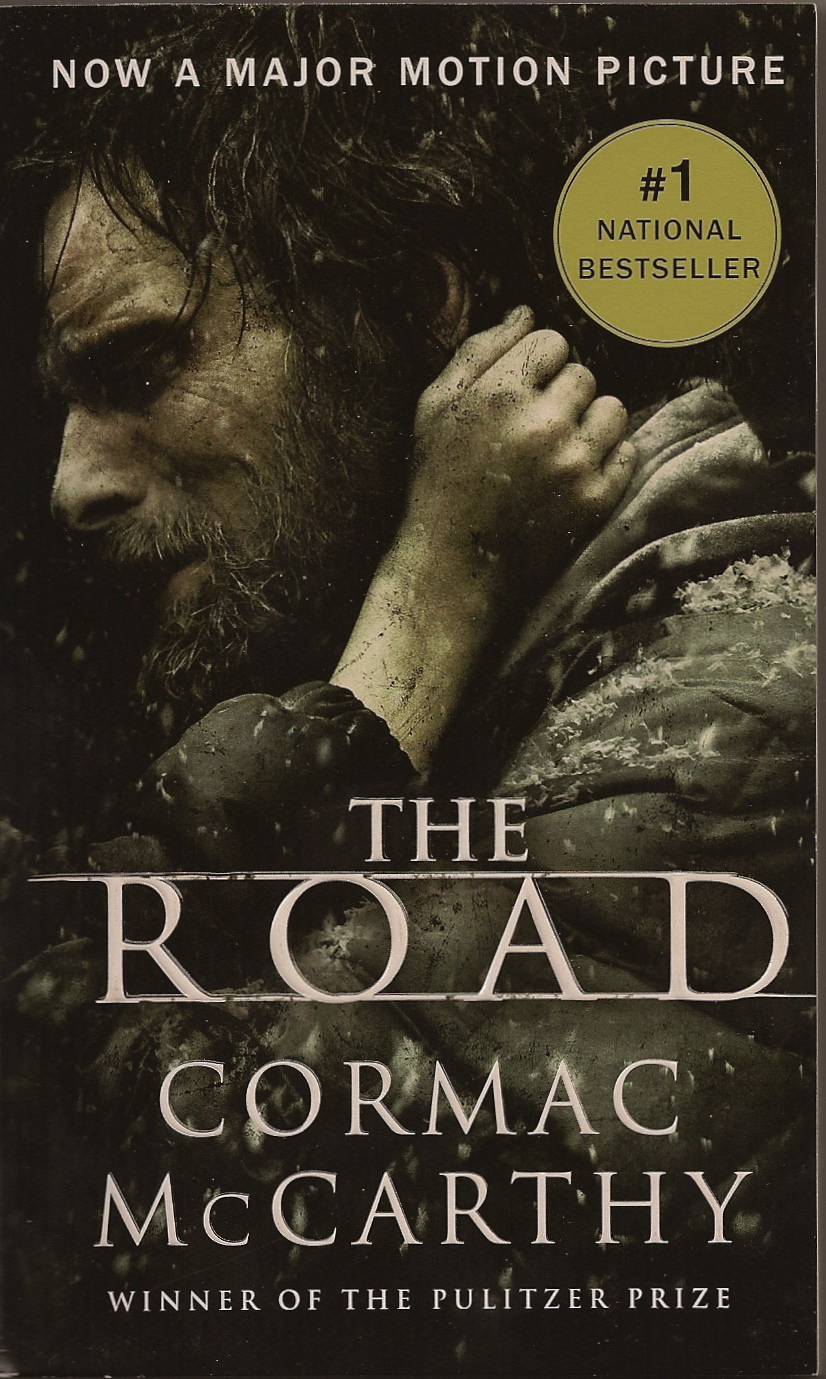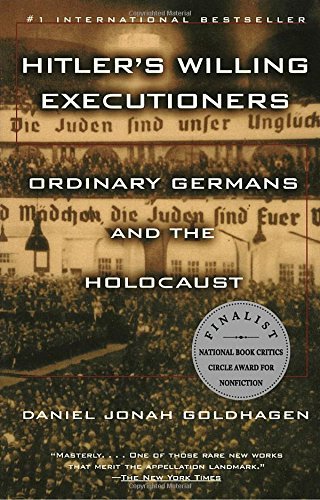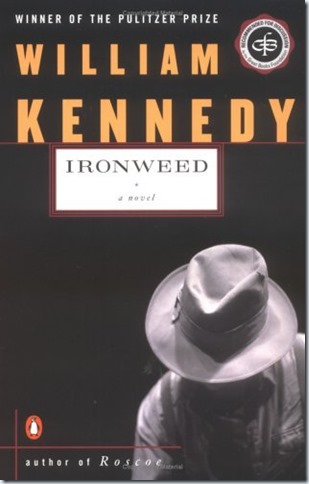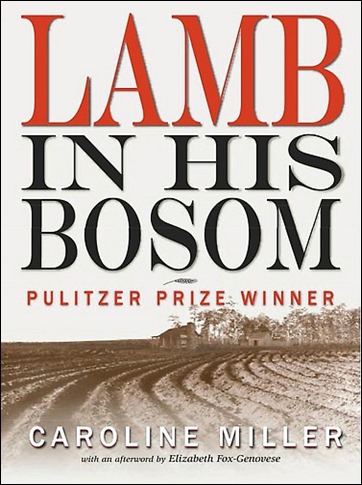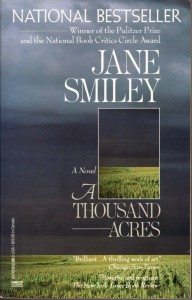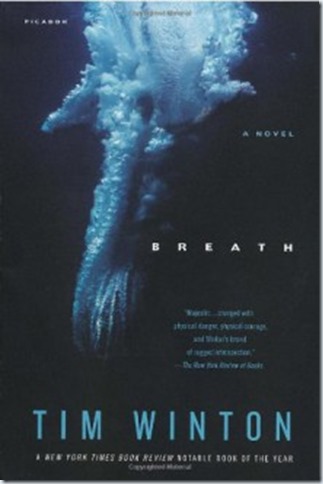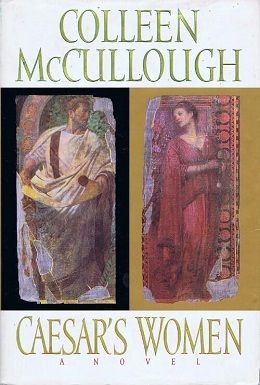
I’m currently reading Caesar’s Women, the 4th book in Colleen McCullough’s Masters of Rome series:
- The First Man in Rome – spans years 110 through 100 BCE
- The Grass Crown – spans years 97 through 86 BCE
- Fortune’s Favourites – spans years 83 – 69 BCE
- Caesar’s Women – spans years 67 – 59 BCE
- Caesar – spans years 54 – 48 BCE
- The October Horse – spans years 48 – 41 BCE
- Antony and Cleopatra – spans years 41 – 27
I collected all of the books in the series and started reading them, in order, several years ago. I’ve read books 1 through 3 and am now reading my way through book 4. My reading has stalled due to personal reasons and my attention has gotten pulled into other activities, but I’m back to reading and hope to finish this book soon.
